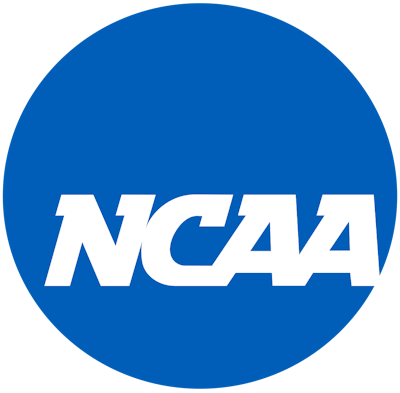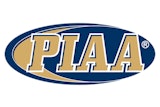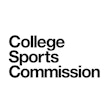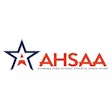
Leaders from the NCAA Student-Athlete Advisory Committees for each of the three divisions sent letters to congress Monday in support of federal legislation to guide the future of college sports.
"First and foremost, we seek federal action to enhance safeguards and provide resources for student-athletes, mitigating the risk of bad actors in the NIL market and ensuring that contracts and commitments are honored," wrote the D-I committee. "While the opening of NIL opportunities is a welcomed development, it is vital that we establish comprehensive mechanisms to protect student-athletes from potential exploitation or unfair treatment. Robust oversight and enforcement mechanisms, including clear guidelines and a regulatory framework, are crucial to safeguarding the interests of all parties involved."
The D-I committee specifically asked for help in the following two areas:
Protecting Student-Athletes’ Interests: Student-athletes, often young and inexperienced in navigating the business world, may be susceptible to exploitation or unfair treatment by unscrupulous individuals or entities seeking to take advantage of their NIL. Without proper safeguards, student-athletes could find themselves entering into unfavorable or exploitative contracts that could harm their personal and financial well-being.
Upholding Contractual Obligations: Honoring contracts and commitments is crucial for maintaining trust and stability in the NIL market. Without proper enforcement mechanisms, student-athletes may face situations where contracted parties fail to fulfill their obligations or attempt to back out of agreements. This not only undermines the financial security of student-athletes but also erodes the credibility and integrity of the entire NIL ecosystem.
The group also outlined why it was important that legislation preserve non-employee status for student-athletes:
Educational Focus: Maintaining the non-employee status of student-athletes emphasizes the educational aspect of their college experience. It ensures that the primary focus remains on our academic pursuits and the pursuit of a degree. By prioritizing education, student-athletes are provided with opportunities to excel in both their academic and athletic endeavors.
Workload and Time Commitments: The demands placed on student-athletes in terms of academics, training, competition, and travel are already considerable. Student-athletes as employees could further increase our workload and time commitments. Balancing academic schedules with athletic requirements could become even more challenging, potentially impacting the well-being and academic performance of student-athletes.
Amateurism and Fair Play: Amateurism is a founding principle of college sports, distinguishing it from professional sports. Maintaining the non-employee status reinforces the ideals of amateurism, fair play, and equal opportunity for all student-athletes. Preserving non-employee status also helps institutions maintain compliance with Title IX. By treating all student-athletes as participants in a non-employment capacity, institutions can ensure fairness and equity in resource allocation and athletic opportunities.
Financial Sustainability: Treating student-athletes as employees would introduce significant financial implications for institutions. The cost associated with salaries, benefits, compliance with labor laws, and other employment-related expenses would put significant strain on the financial viability of athletic programs. This could lead to budget constraints, program cuts, or even the elimination of certain sports, limiting opportunities for student-athletes. Maintaining non-employee status helps to ensure the financial sustainability of collegiate sports programs.
The committees also asked for congress to codify federal law that would preempt state law in certain areas, particularly as it pertains to NIL.
"The current patchwork of more than 30 differing state NIL laws creates an uneven playing field for all college athletes. The absence of consistent regulations across state lines creates logistical challenges, legal ambiguities, and an imbalanced competitive landscape," wrote the D-I committee. "Federal legislation that supersedes conflicting state laws would establish a level playing field and provide much-needed uniformity. Codifying federal law over state law in the NIL space is essential to establish uniformity, clarity, fairness, and national oversight. It would promote equal opportunities for college athletes, avoid compliance burdens, and ensure a consistent framework for navigating the complexities of NIL. By taking a comprehensive and unified approach, Congress can provide a stable and predictable environment for student-athletes to exercise their NIL rights while preserving the integrity and competitiveness of college sports."
All three letters can be found here:





































